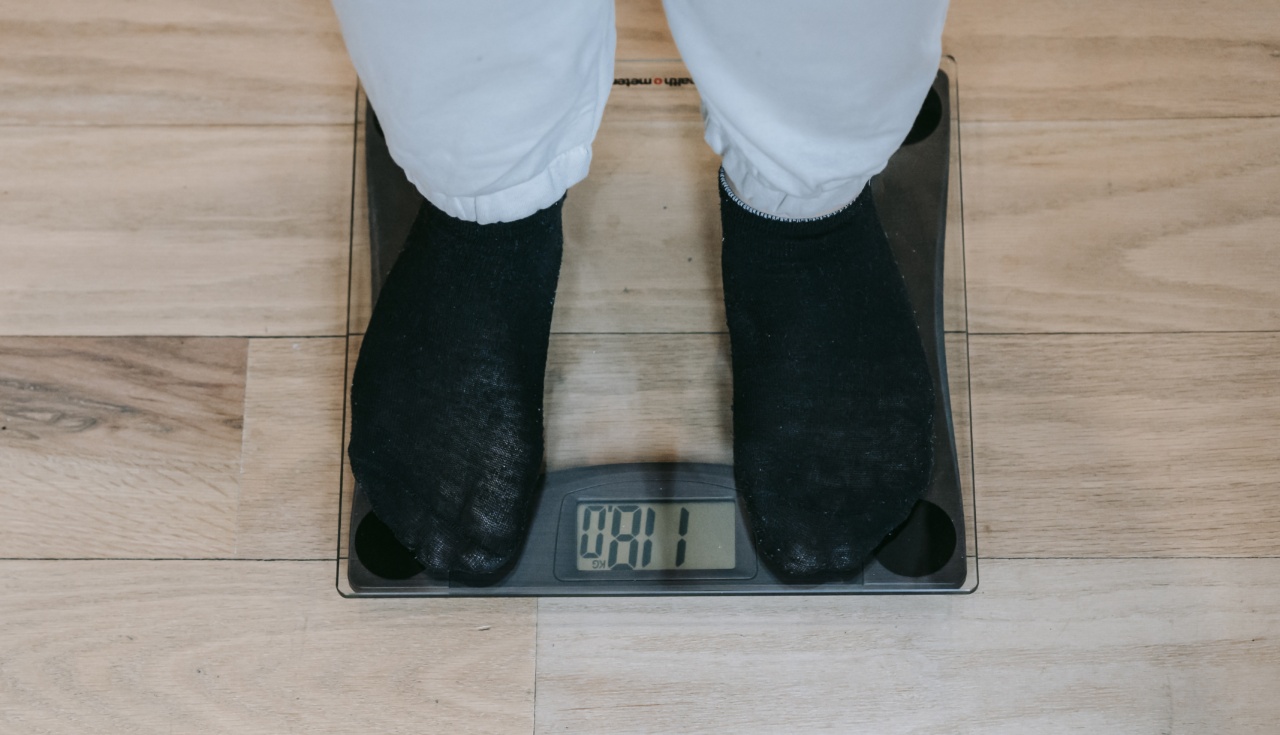When it comes to losing weight, there’s an overwhelming amount of information available. Unfortunately, not all of it is accurate or helpful. In fact, there are several popular nutrition myths that can actually hinder your weight loss efforts.
In this article, we will debunk these myths and provide you with evidence-based information to help you achieve your weight loss goals.
Myth 1: Carbs are the Enemy
One of the most common myths surrounding weight loss is that carbohydrates are to blame for unwanted pounds. The truth is, not all carbs are created equal.
While refined carbs like white bread and sugary snacks can contribute to weight gain, complex carbohydrates found in whole grains, fruits, and vegetables are an essential part of a balanced diet. They provide important nutrients and fiber, which can help you feel fuller for longer and prevent overeating.
Myth 2: You Should Avoid Fat
Fat is often demonized when it comes to weight loss, but not all fats are bad for you. Healthy fats, such as those found in avocados, nuts, and olive oil, are actually beneficial for weight management.
They help you feel satisfied after meals, regulate blood sugar levels, and support overall health. Instead of avoiding all fats, focus on consuming the right types in moderation.
Myth 3: All Calories Are Equal
While it’s true that weight loss requires a calorie deficit, not all calories have the same impact on your body. Different foods can affect your metabolism, hormone levels, and appetite in different ways.
For example, foods high in protein can boost your metabolism and reduce cravings, while sugary beverages can lead to weight gain despite having the same calorie content. It’s important to prioritize nutrient-dense foods and focus on overall food quality, rather than solely counting calories.
Myth 4: You Should Skip Meals for Faster Results
Many people believe that skipping meals or fasting is an effective way to lose weight quickly. However, this approach can backfire.
When you skip meals, your body goes into starvation mode, slowing down your metabolism and storing more fat as a survival mechanism. Additionally, skipping meals often leads to overeating later in the day, making it harder to maintain a calorie deficit. Instead of skipping meals, focus on eating balanced, portion-controlled meals throughout the day.
Myth 5: You Need to Drink Detox Teas or Cleanses to Lose Weight
The popularity of detox teas and cleanses for weight loss has skyrocketed in recent years. However, there is little scientific evidence to support their effectiveness.
Most detox teas and cleanses work by promoting water loss, which is temporary and can lead to dehydration. They may also contain laxatives, which can cause digestive issues and electrolyte imbalances. Instead of relying on these products, focus on a balanced, whole-food diet to support your weight loss journey.
Myth 6: Eating Small, Frequent Meals Boosts Metabolism
It is often believed that eating small, frequent meals throughout the day can rev up your metabolism and aid in weight loss. While it is true that the thermic effect of food increases slightly after a meal, the overall impact on metabolism is minimal.
What matters more for weight loss is your total calorie intake and the quality of the food you consume. If eating smaller, frequent meals works for you, that’s fine, but it is not a magic solution for speeding up your metabolism.
Myth 7: All Supplements and Diet Pills are Effective
The supplement industry is flooded with products claiming to promote weight loss. However, most of these products lack scientific evidence to support their claims.
While some supplements like green tea extract and fiber supplements may have modest effects on weight loss, they are not a magic solution. It’s important to focus on a healthy diet and lifestyle habits before considering supplements, and always consult a healthcare professional before starting any new supplements or diet pills.
Myth 8: You Can Out-Exercise a Bad Diet
No amount of exercise can compensate for a poor diet when it comes to weight loss. While exercise is crucial for overall health and can support weight loss efforts, it’s not enough on its own.
If you consume more calories than you burn, you will not be able to lose weight effectively. It’s important to combine a balanced diet with regular physical activity to achieve sustainable weight loss.
Myth 9: Eating Late at Night Causes Weight Gain
Many people believe that eating late at night leads to weight gain. However, weight gain is primarily determined by your overall calorie intake and the quality of the food you consume, rather than the timing of your meals.
If eating a balanced, portion-controlled meal or snack at night helps you maintain a calorie deficit, there is no reason to avoid it. Focus on the quality and quantity of your food throughout the day, rather than a specific meal timing.
Myth 10: You Have to Completely Avoid Your Favorite Foods
A common misconception is that you have to eliminate all your favorite foods to lose weight. This all-or-nothing approach is not sustainable and can often lead to feelings of deprivation and eventually binge eating.
It’s important to remember that no food is inherently bad, and you can still enjoy your favorite treats in moderation while losing weight. Incorporating small portions of your favorite foods into a balanced diet can help prevent cravings and promote long-term success.


























